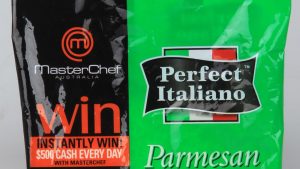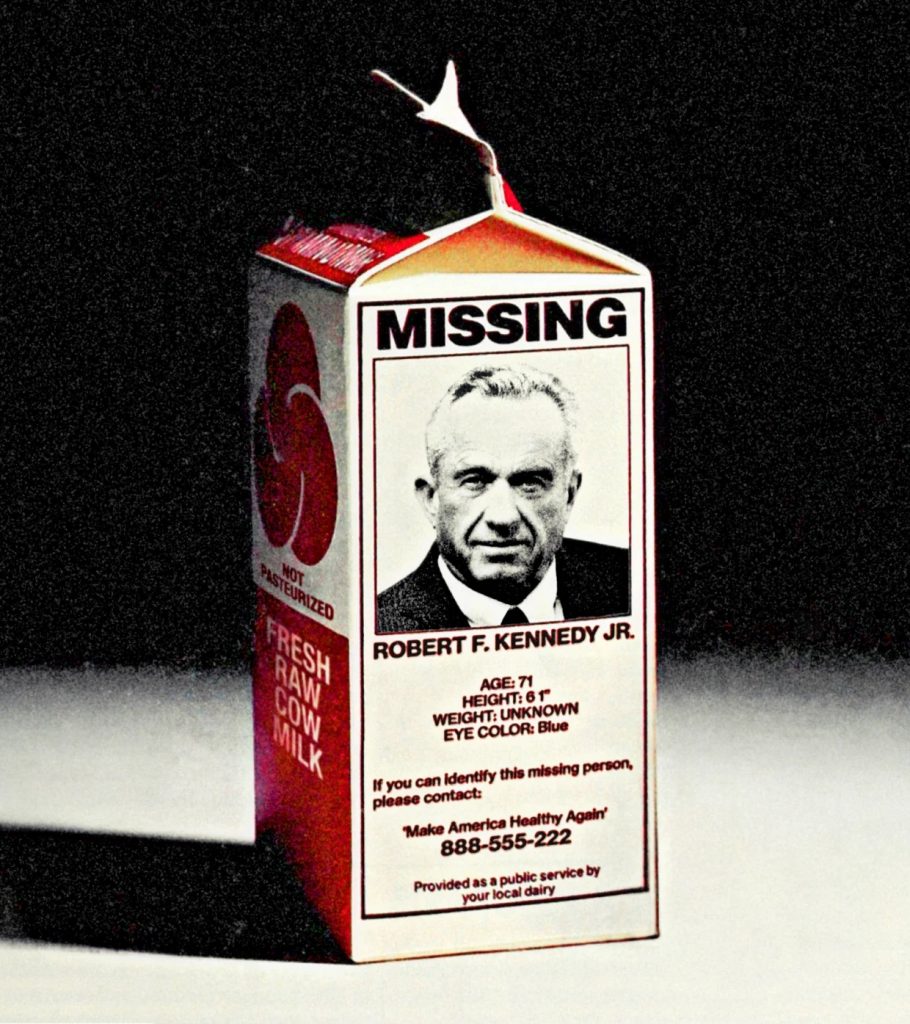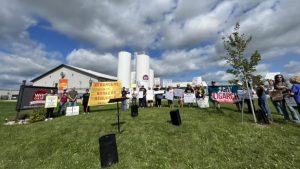
As bird flu concerns rise, Robert F. Kennedy Jr.’s advocacy for unpasteurized milk challenges public health norms and ignites a fierce industry discussion.
Robert F. Kennedy Jr.’s outspoken advocacy for raw, unpasteurized milk has thrust a long-standing public health debate into the national spotlight, garnering significant attention from both consumers and the dairy sector. Kennedy, who reportedly consumes only raw milk, has openly criticized federal regulatory bodies like the U.S. Food and Drug Administration (FDA) for their stringent stance against unpasteurized dairy. His views challenge established norms, prompting a re-evaluation of food safety protocols in the agribusiness landscape.
Public health officials, including the FDA and the Centers for Disease Control and Prevention (CDC), vehemently oppose the consumption of raw milk, citing substantial risks. They warn that unpasteurized milk can harbor dangerous pathogens such as Salmonella, E. coli, Listeria, and Campylobacter, which can lead to severe foodborne illnesses, particularly in vulnerable populations like children, the elderly, pregnant women, and those with weakened immune systems. Data from 1998 to 2018 shows over 200 outbreaks linked to raw milk, resulting in thousands of illnesses and hundreds of hospitalizations.
The debate has intensified recently with the emergence of Highly Pathogenic Avian Influenza (HPAI), or bird flu, in U.S. dairy cattle. While pasteurization effectively inactivates the virus, concerns persist about the potential for H5N1 traces in raw milk. Despite no confirmed human cases linked to raw milk consumption, health agencies are urging strict adherence to pasteurized products to mitigate any evolving risks, underscoring the scientific community’s cautious approach to food safety.
Proponents of raw milk, often aligning with a broader skepticism of government regulation, argue that pasteurization diminishes milk’s nutritional value and destroys beneficial enzymes or bacteria. They claim raw milk offers health advantages not found in pasteurized versions, such as aiding allergies or boosting the immune system. However, scientific consensus, including studies from institutions like the University of Wisconsin-Madison, maintains that pasteurization does not significantly reduce milk’s nutritional value and that purported benefits of raw milk lack robust scientific backing.
The legal landscape surrounding raw milk sales is complex, with federal law prohibiting interstate sales but individual states dictating intrastate regulations, which vary from outright bans to allowing retail or farm sales. Kennedy’s high-profile support for raw milk, along with calls to re-evaluate FDA regulations, could impact future policy debates. This ongoing controversy highlights a fundamental tension between consumer choice and public health protection, demanding careful consideration from dairy producers, policymakers, and consumers alike.
Source: NBC News: Raw milk: What is it, what does science say about its benefits and risks, and why is RFK Jr. talking about it?
You can now read the most important #news on #eDairyNews #Whatsapp channels!!!
🇺🇸 eDairy News INGLÊS: https://whatsapp.com/channel/0029VaKsjzGDTkJyIN6hcP1K




















